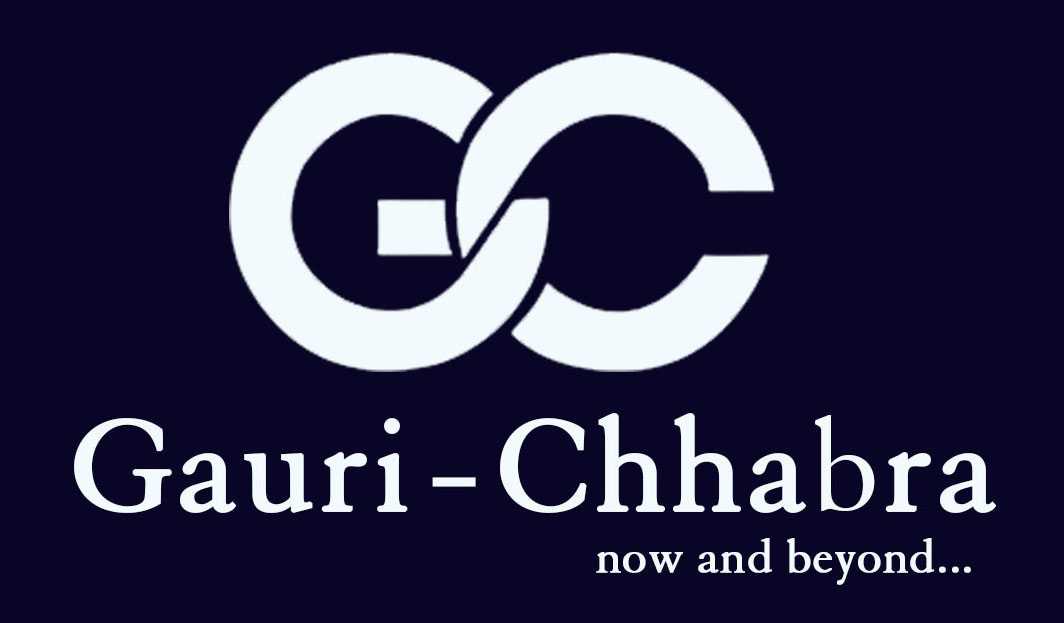Mass Communications – Forking Pathways
Mass Communication as a career option forks into many pathways. It covers all aspects of human life which can be the day-to-day happenings of the world of politics to social issues which are sure to get us thinking. The main reasons why students are actively heading to join this field is that they can easily bring forward their creativity and get paid adequately to do the same.
A career in Mass communication can be pursued after either a Masters degree in Mass Communication or a PG Diploma in Mass Communication. Should you be going in for a degree or a diploma? What is the difference? Does this converge at a certain point?
Let us understand.
M.A Mass Communication:
MA in Mass Communication is of two years duration. Whether it’s print or audio-visual journalism or corporate communication or radio production, a student learns everything in it. The basic eligibility for admission to MA Mass Communication program is a Bachelor or equivalent degree in any stream. A post-graduate degree in Mass Communication opens up career avenues in many media-related fields. A MA Mass Communication degree holder can find a job in areas such as editing, publishing, scriptwriting, direction, filmmaking.
Institute Scape:
There are many institutes in India which offer an MA program in Mass Communication. Some of them are:
- Indian Institute of Mass Communication, Delhi
- Xavier Institute of Communication, Mumbai
- Symbiosis Institute of Media & Communication, Pune.
- Institute of Mass Communication and Media Technology, Kurukshetra
- Jamia Millia Islamia University, Delhi
- Institute of Media Management and Technology, Dehradun
- MICA, Ahmedabad
PG Diploma courses in Mass Communication:
Post Graduate Diploma or PG Diploma in Mass Communication is of recent origin and is fast overtaking ‘Masters in Mass Communication’. The education under it is not imparted at undergraduate level nor it’s a two years master course. This course is also offered by various government universities and institutes. It’s a diploma which one can pursue after finishing his/her bachelor’s education. He has to devote just one year after his graduation to gain access to different mediums (Print, radio, television, and internet).Graduate from any stream can pursue this course but at the end of the course, he would be conferred with a diploma and not a degree. The contents of this course are similar to the contents of Bachelors and Masters programs but are completed in a span of nine months. This course is also offered by various government universities and institutes.
Institute scape:
- Young Women Christian Association (YWCA), Delhi
- Young Men Christian Association (YMCA), Delhi
- Asian College of Journalism (ACJ), Chennai, offers a one-year postgraduate diploma with specialization in four streams – Television, Print, New Media and Radio.
- Pioneer Media School, Delhi
- Indian Institute of Mass Communication, IIMC, New Delhi offers postgraduate diploma courses in Journalism (English/Hindi/Radio & Television/Oriya) as well as Advertising & Public Relations.
- Distance education universities like Indira Gandhi National Open University ( IGNOU) is also offering a one-year diploma course in Mass Communication after graduation.
Getting in:
You should possess a bachelor’s degree after 10+2+3 in any stream. Most of the universities and institutes take only those students who have attained a minimum of 50 percent in bachelors’ degree. A student getting less than 50 percent is not allowed to take up the entrance test. Some universities demand at least 60 percent. However, the institutes keep on changing their eligibility criteria from time to time.
Admission is usually based on a written test. The entrance exam for diploma in mass Communication tests a candidate’s general knowledge and aptitude. Each institute conducts its own test. For instance, the test for admission to IIMC would be on May 25-26, 2019. On the basis of an aspirant’s score/rank in IIMC Entrance exam, he/she can secure admission at any IIMC campus. Some institutes also hold interviews for selection of candidates for mass communication courses.
Lateral Entry:
For direct admission to the second year of the program, a student must have a PG Diploma in Journalism, Mass Communication, Advertising or Public Relations from a recognized Indian University. However, a lateral entry in M.A course is not eligible to apply for UGC NET Examination.
There are certain institutes like the following which also admit students laterally in the second year of the program.
- R. K. Films and Media Academy, New Delhi
- Jaipur National University
- NCSM, New Delhi
- Directorate of Distance Education, Guru Jambeshwar University of Science and Technology, Haryana
- Dibrugarh University,Assam
Earning a master’s degree in communication can help prepare you for jobs in corporate communication, journalism, mass media, politics, higher education, or a wide range of other fields. Students who are already employed can use the skills they acquire to advance in their current careers, with some leadership positions even requiring a master’s in communication. If you are interested in changing careers, you can pursue their master’s in a communication specialization that aligns with their particular professional goals. A master’s in communication can also prepare you for doctoral studies and a career in higher education, where you will spend time conducting research and educating students.
Trending jobs
Copy Editor
The primary responsibility of a copy editor is to prepare content for publications in magazines, books, and newspapers. Copy editors rewrite and revise the copy of writers so that readers can easily understand it. Many editors start their careers as writers before transitioning into editing. While reviewing copy, editors look for grammatical errors, and punctuation. To effectively carry out their job duties, copy editors depend on creativity, critical thinking, communication, and writing skills.
Lobbyist
Working as a lobbyist is another career option available to individuals with a degree in mass communications. Lobbyists work for a variety of entities, such as small and large organizations, nonprofits and individual clients. The primary goal of a lobbyist is to convince politicians to vote in the best interest of the organization the lobbyist represents. To achieve this goal, lobbyists must communicate well and master the art of persuasion. A critical component of their job is to maintain good relationships with politicians, making effective communication vitally important.
Advertising Sales Agent
Advertising sales agents try to sell ad space to prospective clients. These agents spend much time out of the office meeting with clients. During client meetings, sales agents explain to clients how advertising products and services will help increase the client’s sales. Time spent in the office usually consists of making phone calls to secure business, creating promotional plans and sales literature and processing paperwork related to new and existing customers.
News Broadcaster
News broadcasters, frequently called reporters, report news events on television, radio and through similar media outlets. These reporters typically cover a particular story. They often travel to the location where the event occurred and conduct interviews to investigate the story and report on it.
Summing up:
Therefore, Journalism and Mass Communication offers a plethora of career options. Whether you follow the direct or the lateral route, you will carve a unique niche for yourself with a singular selling point – creativity.



